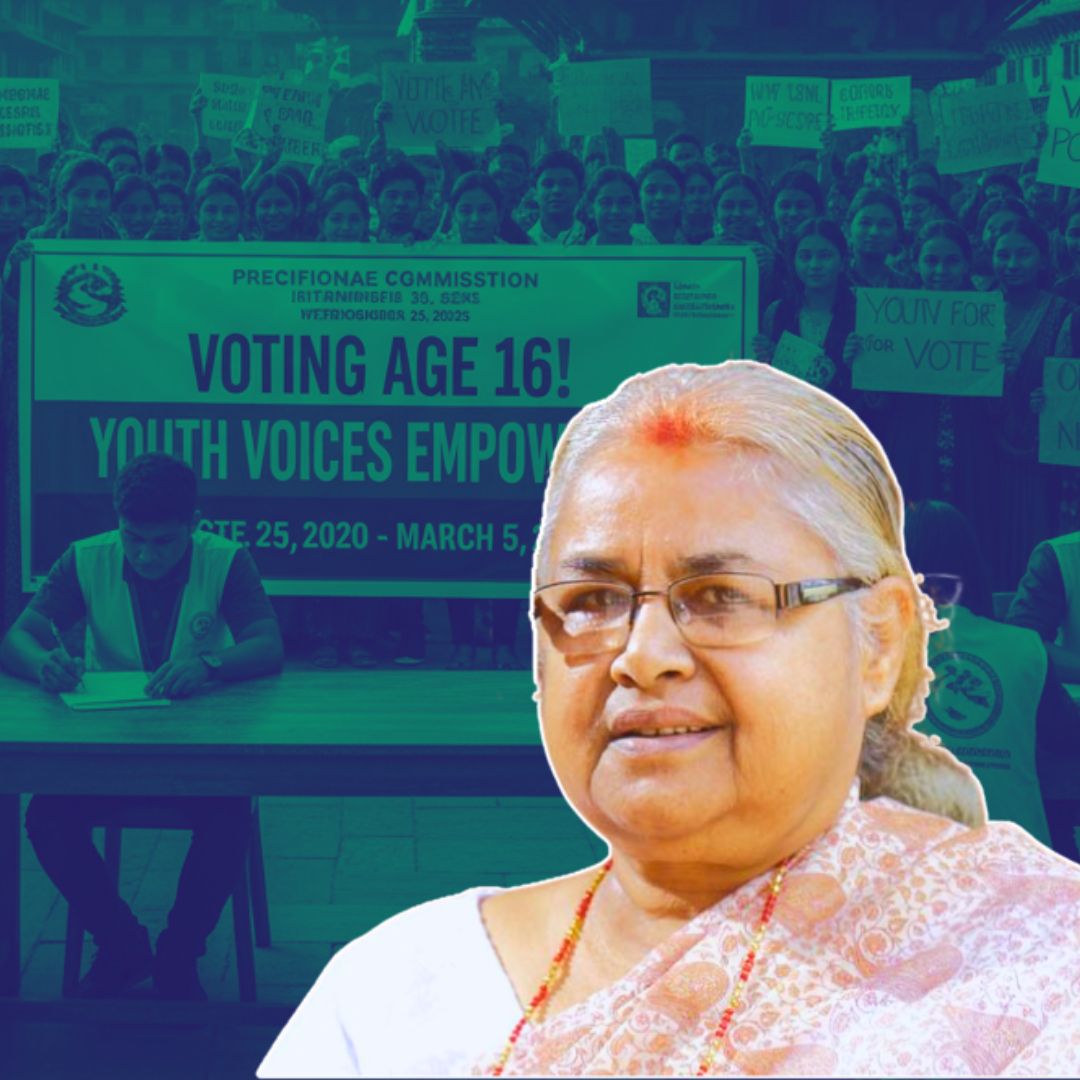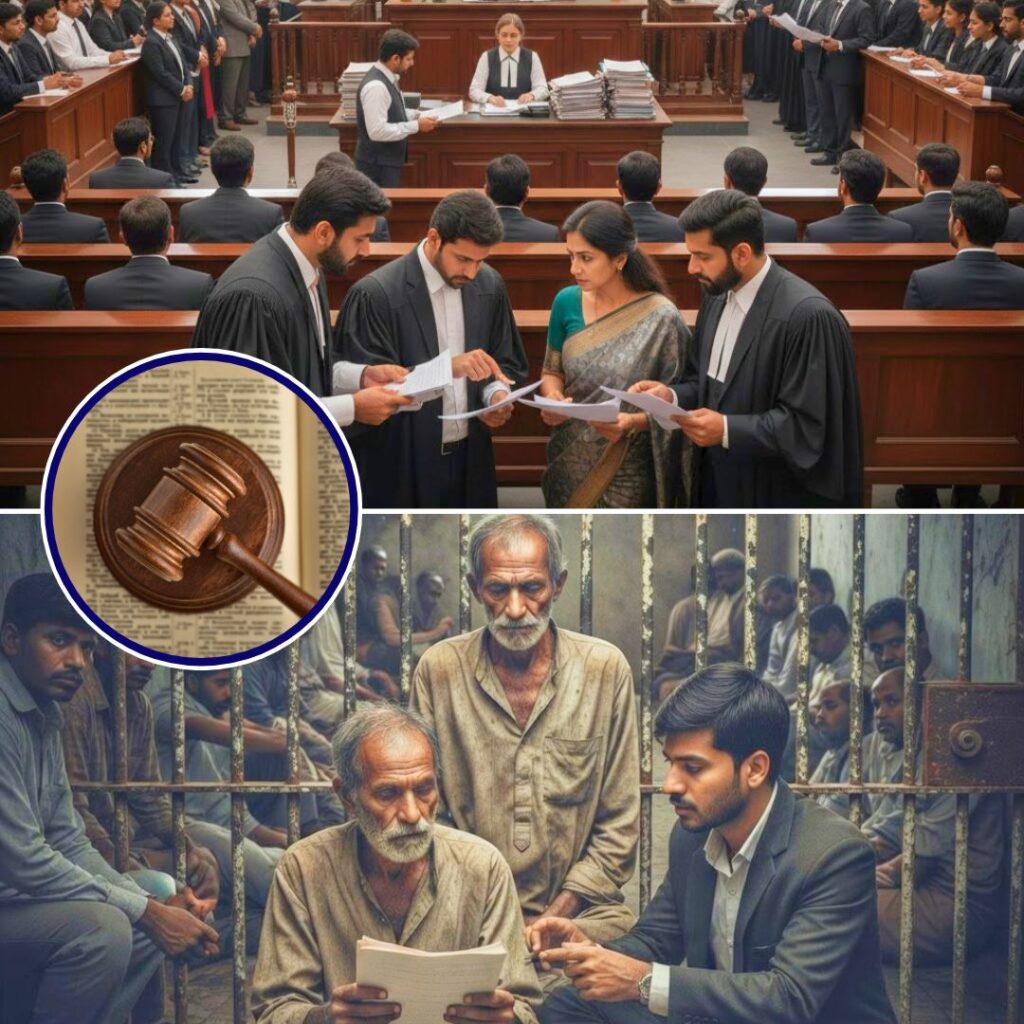Nepal’s interim Prime Minister Sushila Karki announced on 25 September 2025 that the minimum voting age has been lowered from 18 to 16 to increase political participation among young citizens. This change comes ahead of the parliamentary elections scheduled for 5 March 2026, reflecting the government’s response to recent widespread Gen-Z protests demanding more representation and accountability.
While 16- and 17-year-olds can now register to vote, only those who turn 18 by election day will be eligible to cast ballots. The Election Commission has begun updating voter lists and called on all eligible citizens to register and prepare for free, fair, and peaceful elections. Officials have hailed this reform as a progressive milestone, yet caution remains over the readiness of younger voters and the need for ongoing political stability.
Youth Voices Empowered Through Lower Voting Age
In her first televised address to the nation after becoming interim Prime Minister on 12 September, Sushila Karki emphasised that lowering the voting age was a crucial response to the demand by Nepal’s youth for meaningful political participation. “The government has amended the election law through an ordinance to provide voting rights to the younger generation and extend the voter list,” Karki said, stressing the need for citizens to take part enthusiastically in the forthcoming elections.
The Election Commission began the process of registering voters aged 16 and above, urging new applicants to update or confirm their biometric data by 16 November. Karki appealed to political parties, civil society, and the media to work collaboratively towards a peaceful and credible election process and pledged strict action against those responsible for violence during recent youth protests, which had led to tragic fatalities.
This reform both recognises younger citizens’ desire to shape their country’s future and aims to integrate them fully into Nepal’s democratic process.
Context: The Road from Protests to Reform
The historic move follows weeks of large-scale demonstrations primarily led by the Gen-Z generation, highlighting issues such as corruption, social media restrictions, unemployment, and a lack of government accountability. The protests, which ultimately contributed to the resignation of former Prime Minister KP Sharma Oli, reflected a generational call for greater transparency and inclusion.
Nepal’s President Ram Chandra Paudel promulgated an ordinance to amend the Voter Registration Act following the cabinet’s recommendation, enabling those as young as 16 who have obtained citizenship certificates to register on the voter list. However, under Nepal’s Constitution, only citizens who will be 18 by election day are eligible to vote, so 16- and 17-year-olds are being prepared for future electoral participation through early registration.
This aligns Nepal with other countries such as Austria and Brazil that allow younger citizens to engage early in their democracies.
The Logical Indian’s Perspective
This landmark decision by Nepal exemplifies the importance of trusting youth as active partners in democracy rather than passive bystanders. Engaging younger citizens not only nurtures political awareness and responsibility from an earlier age but also guarantees that emerging leaders will have a stake in shaping their nation’s trajectory.
While acknowledging the challenges of readiness and maturity for younger voters, it is vital that these concerns do not overshadow the urgent need for inclusivity and representation. Empowerment through democratic participation can serve as a force for harmony and positive social transformation.













